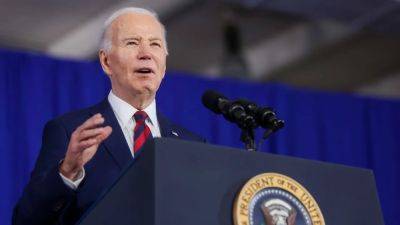Do we need to fact-check the fact-checker?
Mint explains why such a unit could be cause for much conflict. The fact-checking unit (FCU) was notified under the Centre’s Press Information Bureau (PIB), giving the government body power to flag any information about the government and its affiliates that it believes to be fake or misleading. The powers of the FCU were established in the 2023 amendment of the Information Technology (Intermediary Guidelines and Digital Media Ethics Code) Rules, 2021, which said that if a central fact-checker flags any information as fake, social media platforms will need to remove it within 36 hours.
This created concerns around free speech and regulatory overreach. A number of press freedom advocates and activists had filed an appeal against the regulation in 2023 at the Bombay High Court, which rejected a stay appeal against it on 13 March. However, on 21 March, the Supreme Court stayed the Bombay order, until the latter had passed a final verdict in the case.
The Editors Guild of India, in a statement, said the rule gave the government “absolute power to determine what is fake or not, in respect of its own work, and order take down (of content)." No such FCUs exist in the democratic world and Europe’s Fact-Checking Standards Network is a group of third-party verifiers. Most fact-checkers currently operate privately or with specific social media platforms. X uses crowd-sourced flagging of fake content under ‘Community Notes’.
Meta, which owns Facebook, Instagram and WhatsApp, has third-party fact-checking moderators. Popular publications also operate independent fact-checking bodies. Experts say governments could be naturally inclined to use such a body to take down content that may not suit their agenda.
Read more on livemint.com























